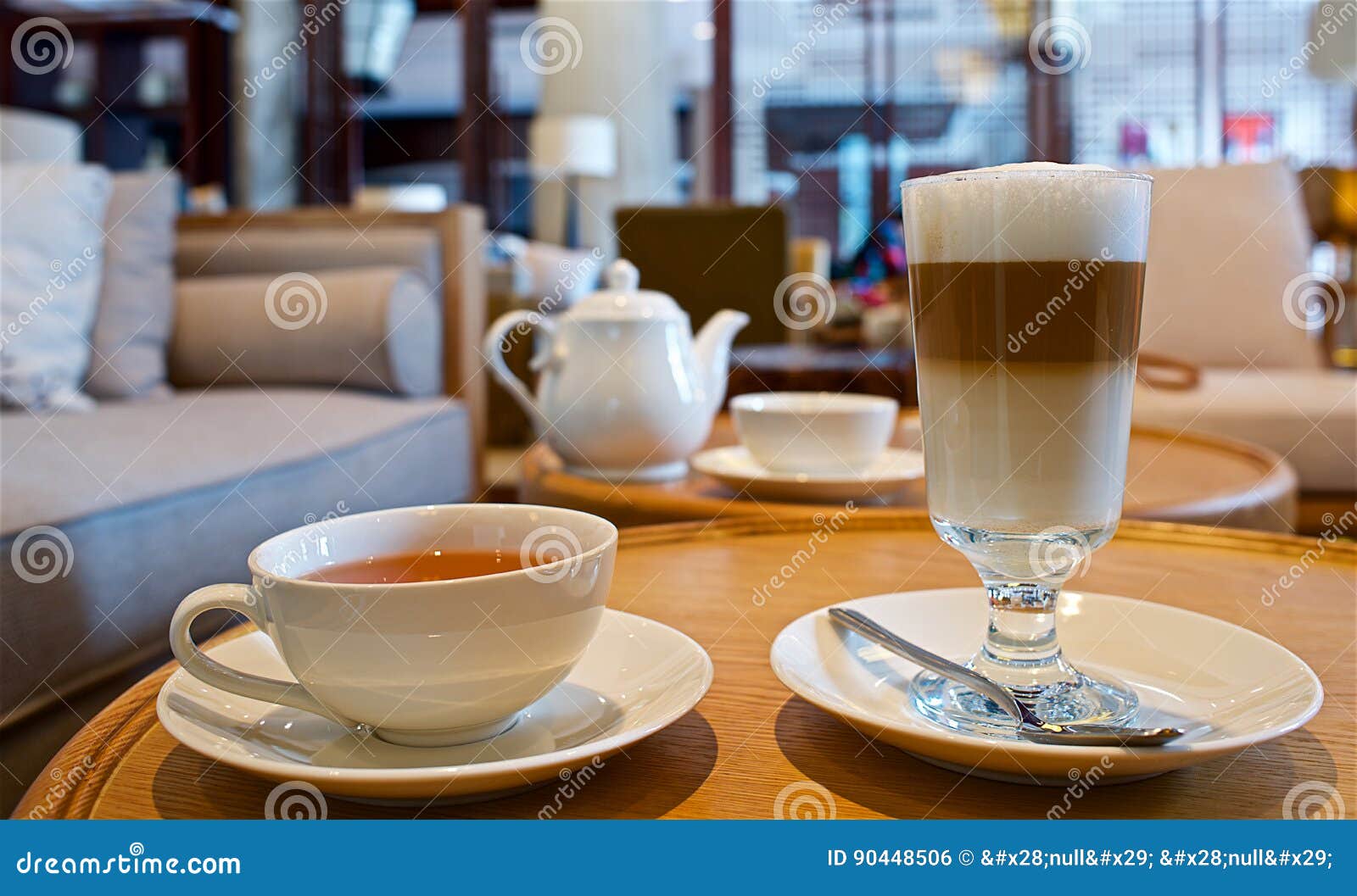

When you wake up after a night of wine-induced sleep, you don't feel refreshed and may even feel like you didn't get any sleep. This rebound effect occurs in the second half of the night and causes you to wake up frequently at different intervals. This process, which is also known as the rebound effect, specifically occurs in the second half of the evening. Alcohol alters your sleep cycle in a similar way to sleeping drugs.

Your sleep patterns will change as your body breaks down the alcohol. The effects of alcohol on your entire night of sleep are far more significant than the temporary sedative impact. However, it is not a normal state of sleep some studies suggest that the electrical activity of the brain of a person who sleeps under the effects of alcohol is similar to a light form of anesthesia. This substance overpowers the different brain regions, and, finally, the consumer ends up asleep. It is often said that alcohol is a sedative drug, and it is true. Studies suggest that although wine induces sleep, the drowsiness level does not help you recover from fatigue. By drinking wine before bed, you may be able to increase your body's levels of melatonin and get a better night's sleep. Our bodies produce less melatonin as we age, which may explain why older adults often have more difficulty sleeping. Melatonin is a hormone that helps to regulate sleep-wake cycles. In addition to the possible sleep-promoting effects of resveratrol, wine also contains melatonin. Some research has even suggested that resveratrol could help to extend life span! Resveratrol is a type of antioxidant found in grapes, concentrated in their “peel.” It has been shown to have many health benefits, including reducing inflammation and improving heart health. So what is it about wine that makes it so good for sleep? One theory is that the natural compounds in wine, such as resveratrol, have relaxing properties. Thus, alcohol's effect on sleep varies greatly depending on the individual. And according to studies, drinking alcohol can make sleep apnea symptoms worse.Īlthough moderate drinking is generally considered harmless, each person's response to alcohol varies. Symptoms of sleeplessness are frequently experienced by people with alcohol use disorders. However, excessive alcohol use has been associated with short and unrefreshing sleep cycles. The study participants who drank wine before bed reported better quality of sleep than those who did not drink wine. A study from the University of Milan found that drinking a glass of wine before bed can help you fall asleep faster and sleep more soundly. In fact, there is even some scientific evidence to support these claims. Wine has long been associated with relaxation and sleep. Looking for ways to get better sleep? Discover mattress options at John's Appliance & Bedding today! Shop Mattresses Alcohol and Sleep


 0 kommentar(er)
0 kommentar(er)
